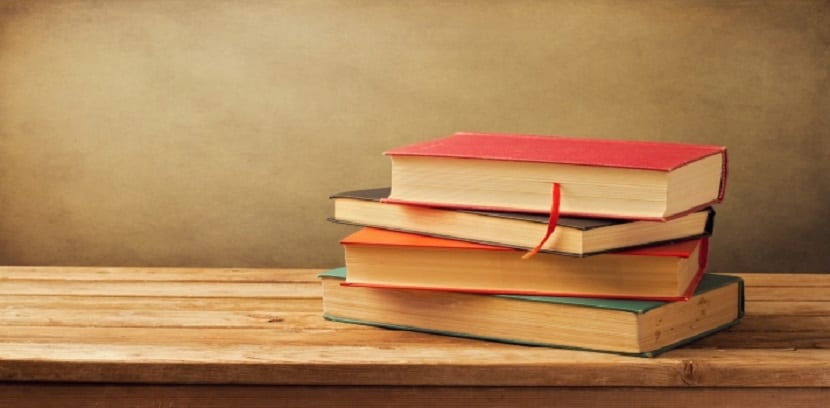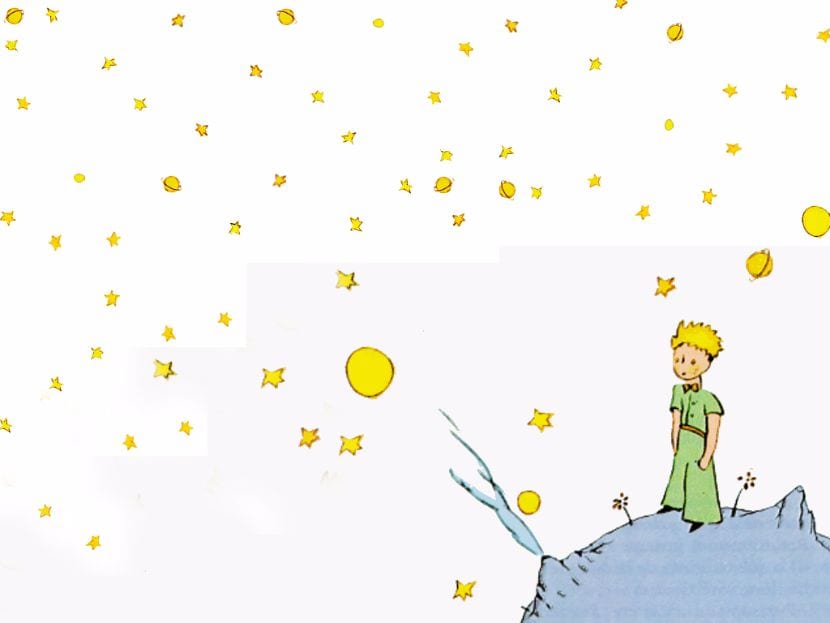
Today's world is not the same as 2000 years ago, although certain themes remain timeless: love, politics, inequality or the tendency of a condemned human being, according to gossip, to self-destruct. Literature has been the main window throughout history to look out to understand our reality, and although authors such as Hermann Hesse or the Emperor Marcus Aurelius himself may be unknown to new generations, the truth is that these 5 essential books that still give us great lessons they well deserve a chance.
The Little Prince, by Antoine de Saint-Exúpery

Camouflaged under a children's book cover, short texts and a blond boy as the protagonist, The Little Prince changed everything forever, becoming one of the most essential books in history. A protagonist who decides to flee from his invaded asteroid and encounters characters such as a fox seeking to be domesticated or a geographer capable of going out to explore an ephemeral world consolidate a gallery of characters for posterity, for all those adults who once were children addressed by its author, the aviator Antoine de Saint-Exupéry.
The art of war, by Sun Tzu
Although it did not arrive in Europe until the 5th century, almost XNUMX years before the Chinese Sun Tzu had already written this series of stories that illustrated to generals and military about the different tactics of strategies in the strife of Ancient China. The best example of a timeless book considering that The Art of War has become an ally for entrepreneurs and companies that adapt the strategic teachings of the fourth century. BC to XXI.
The Pearl, by John Steinbeck
I recently read this short novel by Steinbeck about greed, that of a poor fisherman who sees all his dreams come true when he discovers the largest pearl his community has ever seen. Light and powerful, La perla subtly addresses all the misfortunes that the obsession with power in extreme situations can bring to people and the world.
Siddhartha, by Hermann Hesse

(Details of the plot are related).
Wrapped in the exotic culture of India, Siddhartha assumed, after its publication in 1922, one of the first impacts of oriental culture on western literature thanks to Herman Hesse, a German author who navigated the Buddhist religion to extract his own insight into the meaning of life. The story, which follows in the footsteps of the young Siddhartha after those of Gautama Buddha, ends in a river in which the protagonist understands "everything" as the sum of all experiences, giving away one of the most beautiful teachings of XNUMXth century literature. One of my favorites.
Meditations, by Marco Aurelio
Although it is not yet known for sure at what exact moment they were written, the Meditations of Marcus Aurelius (121 - 180 AD), were written by the Greeks, it is thought, during their last years of life, remaining for posterity as a reflection universal and perhaps not as old-fashioned as you might expect. Contained in twelve different volumes, the Meditations of Marcus Aurelius manifest the inner voice of an emperor forced to carry the, according to him, sad mission of ruling an empire, the excuse to investigate in the search for the meaning of the human being through the words of a man who once wrote that of "A man's life is what his thoughts make of it."
Which book gave you the most powerful lesson?